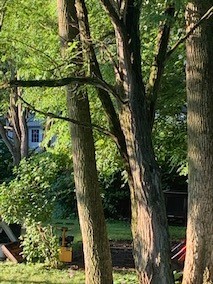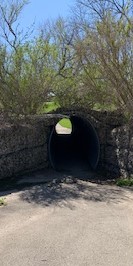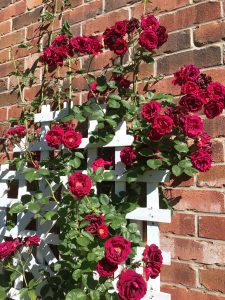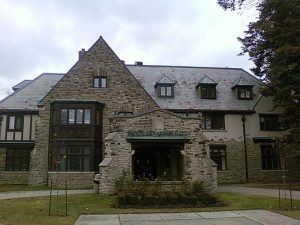
Autumn always makes me feel nostalgic although its cooler temperatures also give new energy, and inspire new beginnings. The school bus, on its way past our house, is the signal to call back the eternal student in me. There are new worlds to discover, to marvel at.
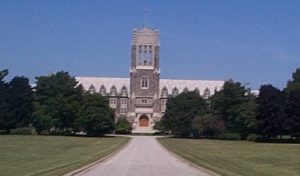
It wasn’t always that way. I’d stalled for time by taking Grade 13 credits. At the end of the year, classrooms seemed to hem me in. There was a fair bit of anxiety about leaving home for an unknown campus. I was eager to be on my way in a career, and jobs were plentiful.
So I settled. A position at McMaster University meant a vicarious participation in the learning vibe. I typed manuscripts on my Selectric typewriter to earn a little money on the side, to save for our first house. Courses were either free or discounted for staff, but I did not take advantage of that perk, to my later regret.
All the more sweeter, then, to come back after an hiatus of more than 15 years to King’s College in London. The time away was not wasted – much had been accomplished in establishing our home, and our young family. But now, with our youngest at the age of ten, it was finally my turn again!
There was a deeper resonance in my studies now – I had met some of life’s difficulties, and so recognized the insights that glimmered in poetry and prose. Like a sponge, I eagerly soaked up everything – it was such a relief to know that the search for answers to life’s big questions was not as solitary as I’d feared. They’d been asked for millennia.
In class, mature students participated with an enthusiasm sometimes incomprehensible to the younger students. I in turn marveled at the wisdom of these young adults, the windows they opened onto their world views. It made me feel young, though I was much further along the path than they were.
And, yes, yes, it’s off to college, not “collage.” I know. Spelling comes more naturally for someone who reads a lot of books. Still, there’s a truth in it, because I have vivid impressions of campus scenes: the Italian literature class Professor Dante Lenardon taught while we sprawled under a tree on the pleasant St. Peter’s Seminary grounds, or the professor advising the “suspension of belief” long enough to at least investigate strange-sounding ideas. There was the reverential atmosphere in the hush of the small library, and the intersession class on the Theology of Marriage, a group small enough to be invited to lunch at the home of the professor.
We reached across genres, in social work and science and philosophy and literature, one snapshot sometimes highlighting another, sometimes tacked incongruously side by side.
And in the collage of my memories, these scenes were illuminated by others who encouraged me: the anonymous person who left the leather schoolbag at my door, those professors who taught with joy, the family who contributed financially along with the generous benefactor at King’s who donated the student bursary.
So, to all those who are off to “collage”: may you find those precious moments, make many good memories that will last a lifetime. And take every opportunity to make learning lifelong.


